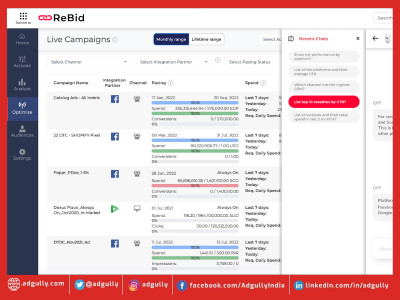Brexit - What can companies do to mitigate the impact?
In the wake of the Leave vote, Frost & Sullivan explains that organisations should use the new reality to influence the economy and society in a positive way.
The UK, Europe and the world face a new reality with the majority of British population voting to leave the European Union.
With the pound sterling plummeting to its lowest level in 31 years and the stock market falling sharply, what lies ahead? What will be the impact on companies and markets? What can be done to mitigate potential repercussions that Brexit will inevitably bring? Even more importantly, how can companies adapt to the important changes coming our way and identify new opportunities?
Frost & Sullivan is already working with its clients to assess, review and plan strategically for the future to create a positive impact on the economy and society.
As we all know, Brexit is likely to take a minimum of two years to materialise, with the process for withdrawal from the EU expected to start when Article 50 of the Treaty of Lisbon is triggered. Once the intention of separation is formalised, Britain will begin to negotiate withdrawal terms with EU member states on issues such as trade tariffs and the movement of UK and EU citizens, in effect laying the ground for its redefined relationship with the EU.
Senior Partner and Managing Director for Europe, Sarwant Singh, explained, “It is important to note that during this interim period, Britain will still be subject to existing EU treaties and laws, but will be barred from decision-making processes. Therefore, existing regulations are likely to continue until negotiations are completed.”
“However, there is uncertainty regarding the path ahead,” Singh added. “This could trigger a dip in business sentiment and delays in FDI (Foreign Direct Investments). On a positive note though, Brexit could pave the way for Britain to expand trade relations with the rest of the world beyond EU, and this would especially help mitigate risks arising from excessive reliance on one trading partner.”
Looking at the UK financial sector, Senior Partner Gary Jeffery admits that “there may be risks if financial institutions lose passporting rights which presently allow for the sale of services across EU states without the need to secure local regulatory approval.”
Britain could also see the departure of automotive plants from its shores if manufacturers cease to enjoy the benefits of tariff-free trade with the EU. Currency volatility could persist in the medium term given the uncertainty of the path ahead and if the devaluation sustains, we could see exports becoming more attractive, therefore benefitting UK based manufacturers.
Although the results are a cause for concern, one must remember that they also herald the mark of a new beginning for the UK, which will be influenced by a strong government policy and the success of negotiations with the EU and the rest of the world. We will have to wait and watch to see how the nation’s growth story unfolds.
Meanwhile, no long term impact of Brexit is seen in India. As Ashish Bhasin, Chairman and CEO, Dentsu Aegis Network, South Asia, remarked, “I do not see any mid or long term impact of Brexit as far as India is concerned. Meanwhile, there may be some tumult in the short term due to a depressed business sentiment. This is because it may be a period of uncertainty and businesses abhor uncertainty, thereby impacting sentiment and advertising is directly influenced and often suffers when sentiment weakens. However, I don’t expect this phase to last long. In fact, in the longer run, with the UK being free to strike its own trade deals with Asian markets, newer opportunities could open up for us in India. Probably a more immediate concern for India, far greater than Brexit, is the monsoon. After 2 years of poor rains, we need a good monsoon to trigger rural consumption. Since India is more of a domestic consumption story, a good monsoon will more than offset any volatility in sentiment caused by Brexit.”
















Share
Facebook
YouTube
Tweet
Twitter
LinkedIn